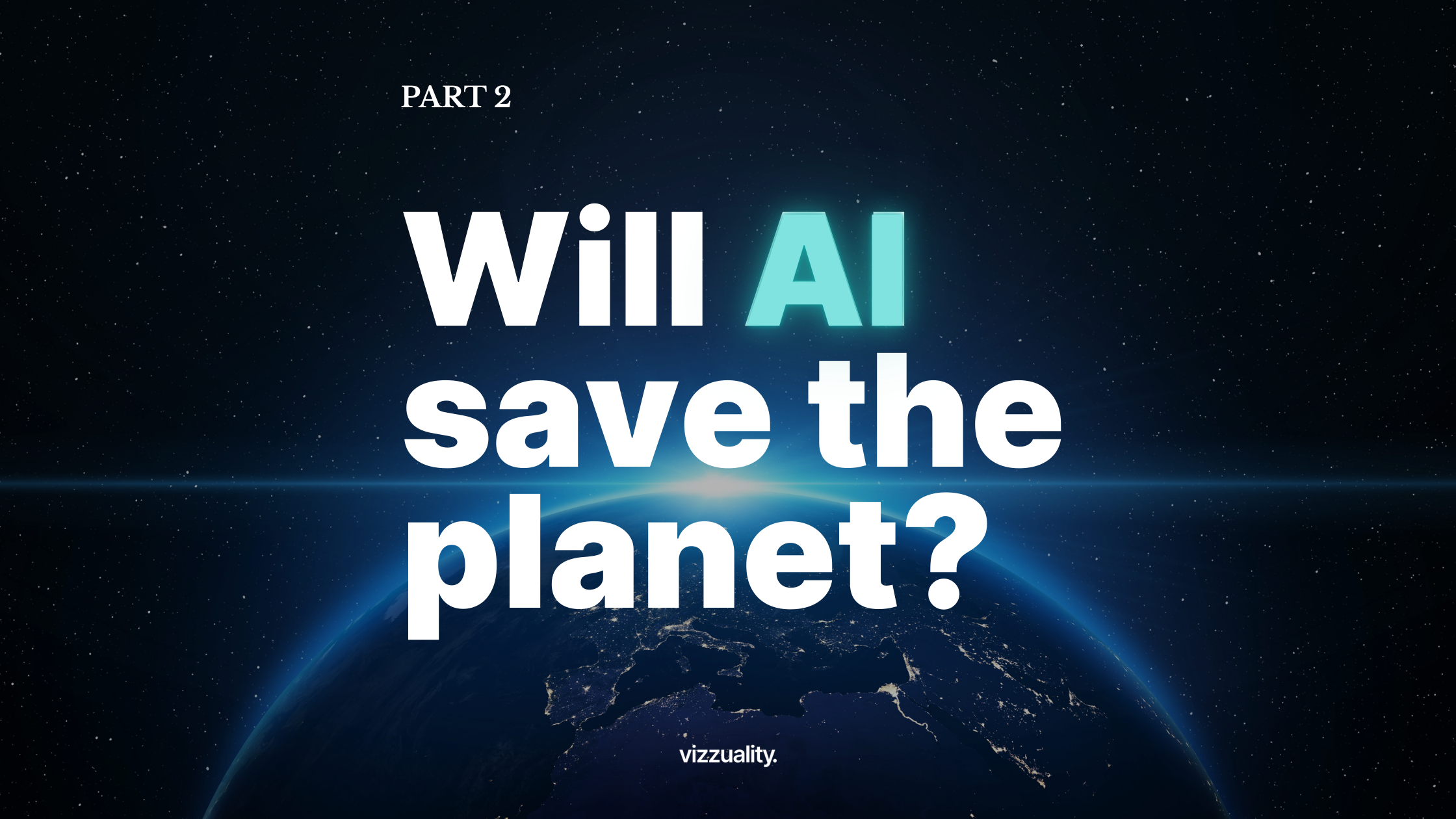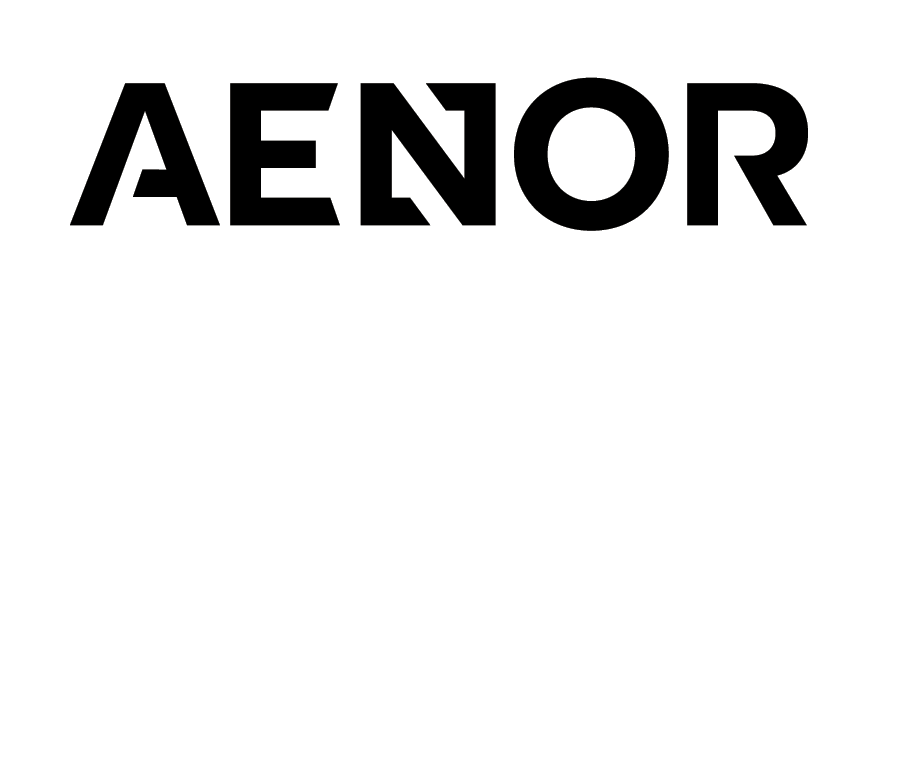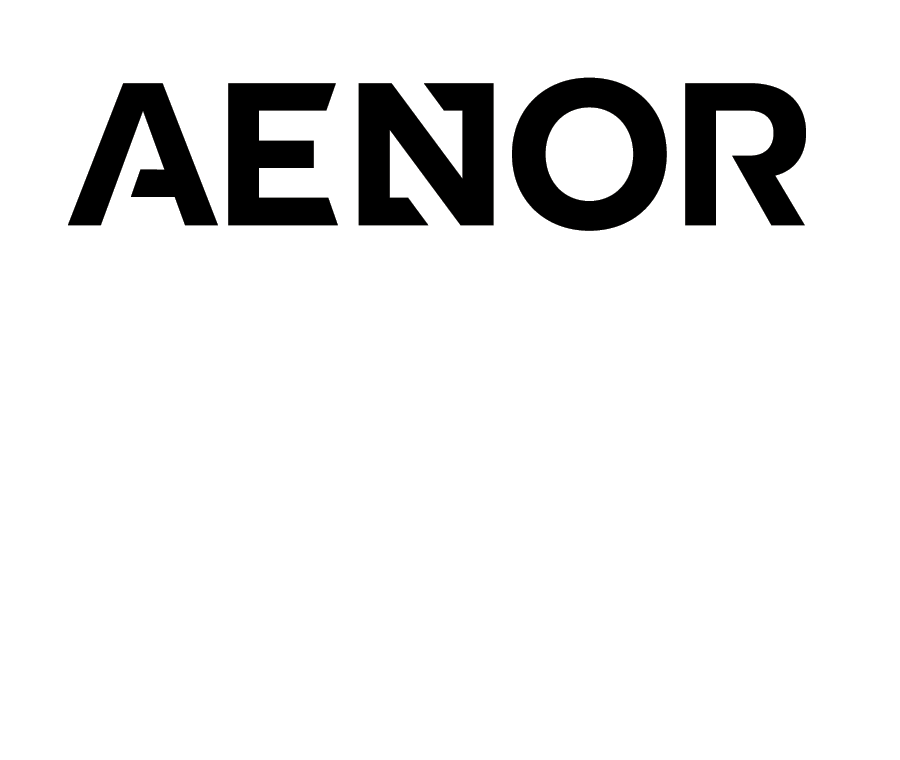Life feels a little overwhelming right now, doesn’t it? For me, it hit after listening to a podcast about the state of the world (if you’re in the mood for a downer), which left me feeling, well, pretty bleak. Then I read this article that shifted my perspective, talking about the difference between trying to “fix” everything and focusing on “building” instead (check it out here). It gave me some hope. I guess I’m writing this because I’m trying to make sense of it all. Maybe even find a little peace of mind in the process.

The world right now feels like one of those rollercoasters you regret getting on. Geopolitical tensions, societal divides, endless debates and a climate crisis impossible to ignore, for believers and skeptics alike. It’s a lot! Whether you believe things can change or you’re more disenchanted with everything, it’s easy to feel stuck. But here’s the thing: even with all this chaos, there’s a way forward. That article reminded me of something important: real progress doesn’t need to come from dramatic declarations or moral high grounds. It’s about showing up, collaborating, committing, and moving step by step with purpose.
So, if you share my feelings — just trying to figure it all out — perhaps we start by quieting the noise and looking for ways to approach all this gently. Let’s see where it takes us.
A moderate path for lasting change
Too often, climate and social issues are framed as battles of extremes. On one side, we hear warnings of economic collapse if climate regulations move forward; on the other, demands for sweeping immediate changes that seem to overlook how deeply interconnected global systems are. Both approaches can feel alienating and leave little room for negotiations.
The answers may lie somewhere in the middle. Perhaps meaningful change starts with listening, learning, and finding small moments of common ground. It might not come from grand declarations but from moderate, deliberate actions that speak to more people.
I don’t have all the answers. Who does? But maybe it’s worth taking small, thoughtful steps and staying open to where they might lead. Some might argue we don’t have the time for moderation or temperance, that urgency demands bold, sweeping action. But I’d counter that we don’t have the time to fail, and rushing forward without care might cost us more than we can afford.
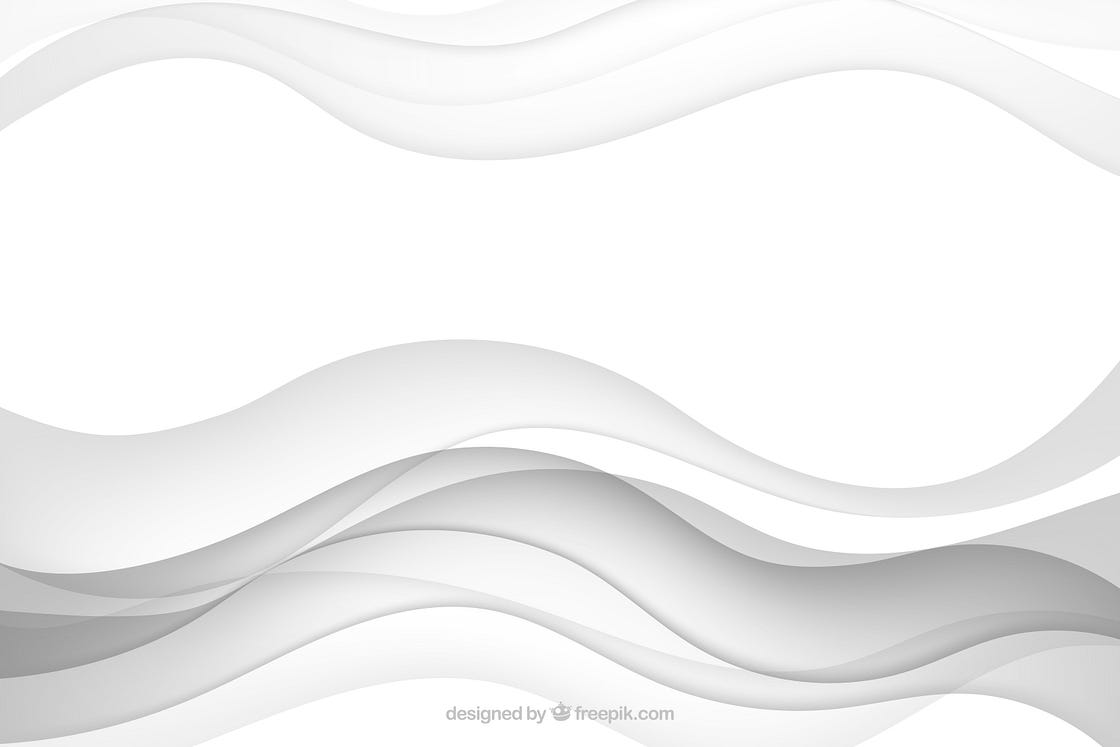
Beyond “us vs. them”
Unfortunately, climate and social challenges have become political symbols, reducing critical conversations to simplistic binaries. Instead of encouraging solutions, these debates often deepen divisions, making meaningful progress feel out of reach.
Climate policies, for instance, are often framed as either saving the planet or destroying economies. Diversity policies face similar treatment, painted as either transformative or threatening. But reality is never that black and white. These issues are more complex than what the extremes suggest. Climate solutions and policies can create jobs, make cities healthier, and improve everyday life. Diversity policies can help workplaces become more inclusive, allowing everyone to contribute and reach their potential.
But these changes don’t come without costs - transitioning to greener economies requires investment, adaptation, and sometimes difficult trade-offs. Similarly, diversity initiatives can challenge existing structures, requiring effort and commitment to make them work effectively.
If we want to move past the endless arguments, we must change how we discuss these issues. Instead of focusing on what tears us apart, why not focus on what we all care about: clean air, safe communities, and better opportunities for everyone? It’s not about picking sides; it’s about rethinking how we approach the challenges we all face.
Gentle, persistent hope
So, how do we push forward? By embracing the mindset of a “builder” rather than a “fixer.” As the Stanford Social Innovation Review points out, fixing implies quick, reactive actions, while building signifies long-term, thoughtful investment. Builders don’t just solve problems, they create opportunities. This approach applies equally to our response to climate change, workplace culture, and social equity.
Being a builder also means being hopeful. In the face of climate anxiety or social fatigue, hope can feel naïve. But hope is not about denying reality, it’s about refusing to accept that our current challenges define our future. It’s about believing that small, thoughtful actions today build a better tomorrow.

My Vizzuality lens: working with care
In my work, I’ve been lucky to see how different people can come together meaningfully. Whether it’s helping organizations make sense of climate impacts or working on sustainability reporting, every day reminds me that this work is deeply rooted in numbers, scientific rigor, code, and technology, but it’s also just as much about human-to-human connection.
A lot of what we do involves finding common ground between people who might see the world very differently. It’s not always straightforward, and it takes patience, but when it works - and in many cases, it does - it’s clear how powerful collaboration can be. It’s not about big, flashy solutions. It’s about taking deliberate steps together and, to be honest, a lot of figuring things out as we go.
Of course, I’m speaking from the comfort of a space where people generally share similar values. But stepping outside that bubble? It’s messy. I remember a client once told me, “You have to learn to embrace complexity and uncertainty.” At the time, I hated hearing it. I was trying so hard to guide the team toward simpler, calmer waters, and the idea of leaning into chaos felt like the opposite of what we needed.
But then it clicked. Progress isn’t neat. It’s messy and imperfect. It’s not glamorous, most of the time it’s frustrating. Life is like that. It’s complicated, and sometimes it sucks. But if I don’t get too caught up in my own frustrations, if I take a moment to step back, listen, and try to understand what motivates others, there’s often a bridge waiting to be built where before there was just a gap.
And that’s what makes this work matter. It’s about finding those connections, however small or fleeting, and creating something together where before there was nothing. It’s not perfect, but it’s real, and that’s enough to keep going.
Final thought: trust your instincts and keep building
It’s easy to get overwhelmed by the noise - the extremes, the urgency, the constant pressure to fix everything, now. But the truth is, not everything needs fixing. Sometimes, the best we can do is trust our instincts, focus on what feels meaningful, and keep doing the work before us. In my experience, progress rarely starts with a surge of motivation. More often, it begins with a decision to commit, to show up, even when uncertain or difficult. That commitment creates momentum, and over time, the motivation catches up. It’s not always easy, but small, deliberate actions can carry us further than we think.
The world won’t always make sense, and the path won’t always be clear. But when we step away from the polarization, from the pull of extremes, we make room for something else: connection. Finding common ground, even in the smallest ways, reminds us that we’re not just here to fix things. We’re here to build. To build understanding, to build trust, to build spaces where better ideas can thrive.
And maybe, by focusing less on what divides us and more on what we can create together, we’ll start to see the hope that’s been there all along - quiet, steady, and waiting for us to notice.
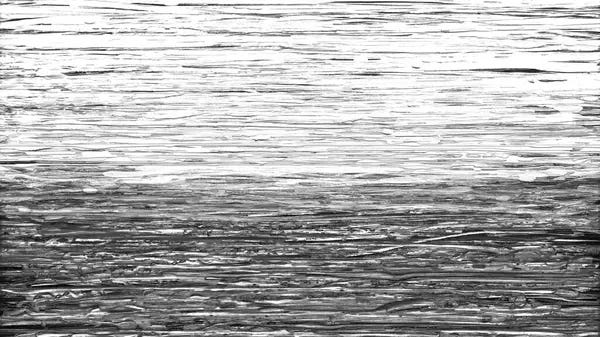

.png)
